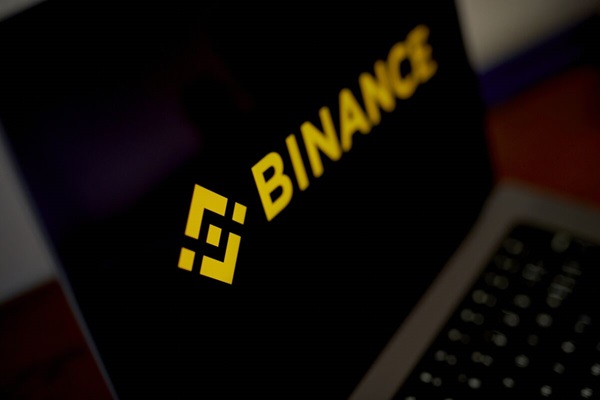In a significant development, the Securities and Exchange Commission (SEC) of the Philippines has taken decisive action against Binance, the world’s leading cryptocurrency trading platform. The SEC, in collaboration with the National Telecommunication Commission and the Department of Information and Communications Technology, is set to block access to Binance within the country. The move follows allegations that Binance has been selling securities without the required licenses, as detailed in the Securities Regulation Code (SRC).
- Unauthorized Securities Trading:
The SEC’s decision stems from Binance’s alleged violation of Republic Act No. 8799, also known as The Securities Regulation Code. Binance, registered in the Cayman Islands, has been accused of publicly selling or offering securities in the Philippines without the necessary authorization. - Lack of Registration:
According to the SEC, Binance is not registered as a corporation in the Philippines. This absence of official registration implies that Binance operates without the mandatory license or authority to engage in the sale of securities, as outlined in Section 3.1 of the SRC. - Three-Month Grace Period:
The SEC has announced a three-month grace period before the block on Binance is enforced. This time frame is intended to allow Filipino investors who hold assets on the platform to close their positions and withdraw their investments. - CEO’s Legal Troubles:
Binance CEO Changpeng Zhao’s recent guilty plea to violating US anti-money laundering rules has likely added to the regulatory scrutiny. Zhao resigned from his position a week prior to this SEC crackdown, indicating the intensification of legal challenges faced by the cryptocurrency exchange giant. - SEC’s Call for Licensing Compliance:
The SEC emphasized that entities involved in the business of buying or selling securities, acting as broker-dealers, or operating securities exchanges must obtain the necessary licenses from the SEC. This aligns with the regulatory body’s commitment to maintaining compliance within the rapidly evolving cryptocurrency landscape. - Advertising Restrictions:
The SEC has urged major online platforms, including Google and Meta (operator of Facebook), to restrict online advertisements from Binance within the Philippines. This move reflects the regulatory authority’s determination to curb the activities of online entities soliciting investments without the required licenses. - Broader Regulatory Landscape:
The SEC’s action against Binance follows recent advisories against similar entities, such as OctaFX/Octa Trading and MiTrade. This signals the regulatory body’s proactive stance against the increasing number of online entities attempting to attract investments without proper authorization.
As the world’s largest cryptocurrency trading exchange, Binance’s clash with the SEC highlights the growing challenges faced by crypto platforms in navigating global regulatory frameworks. The SEC’s move not only aims to protect Filipino investors but also underscores the importance of compliance within the cryptocurrency industry. Binance’s response and potential future regulatory developments will be closely monitored as the landscape continues to evolve.
(Source: Inquirer | Philippine Star | Reuters | Nikkei Asia)









